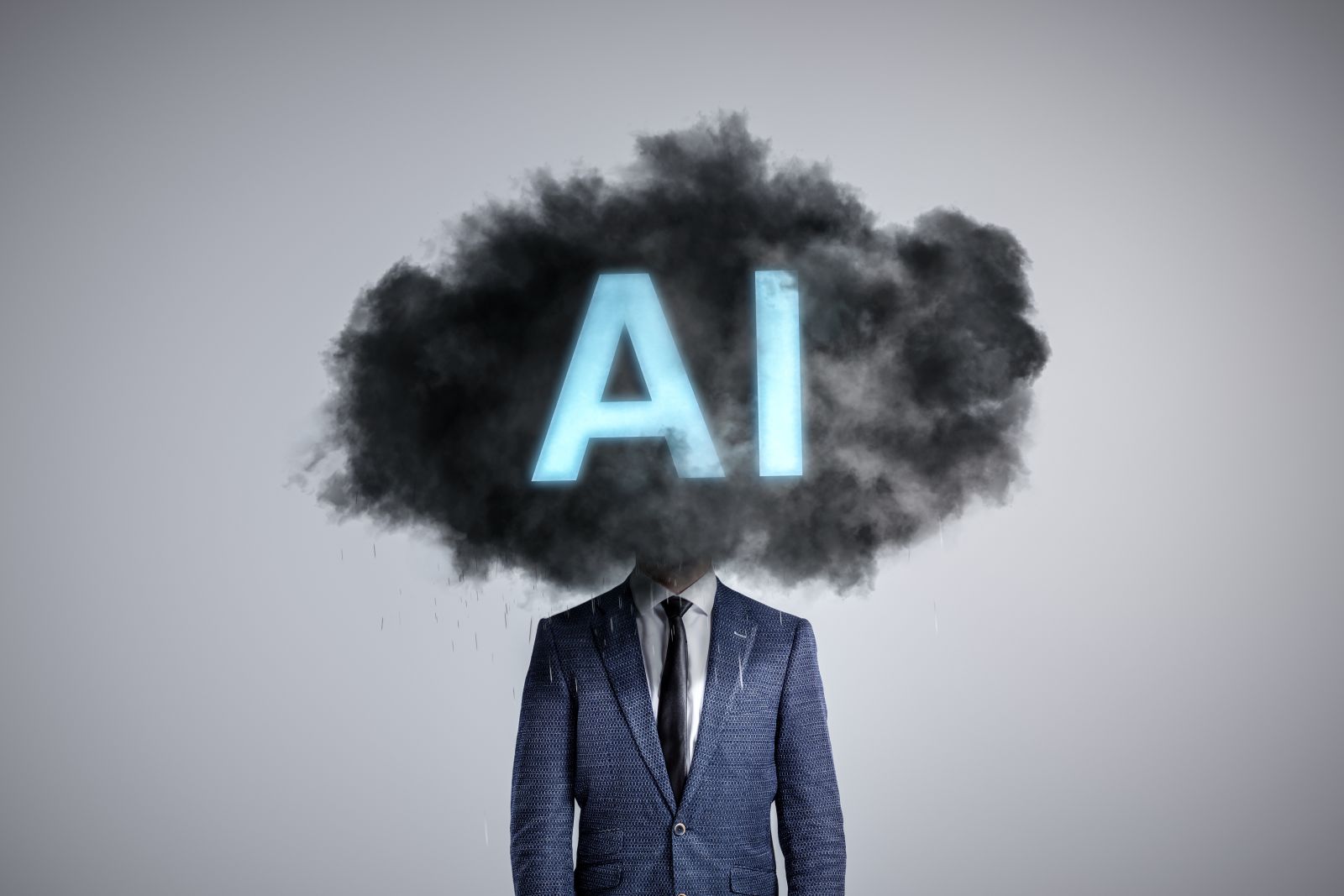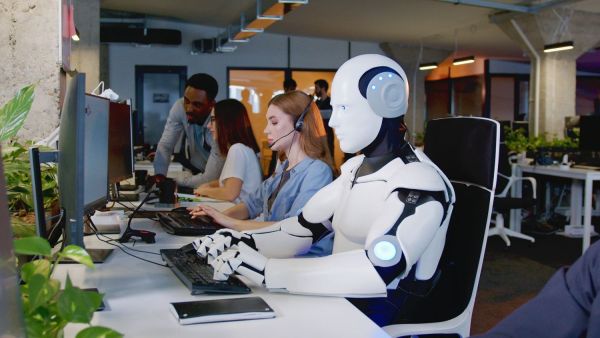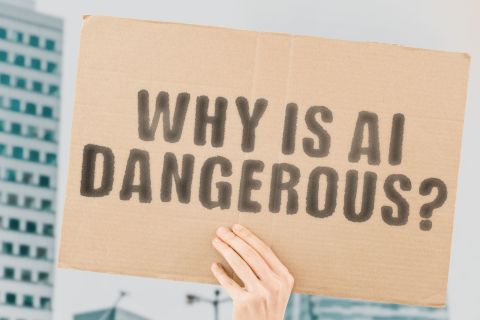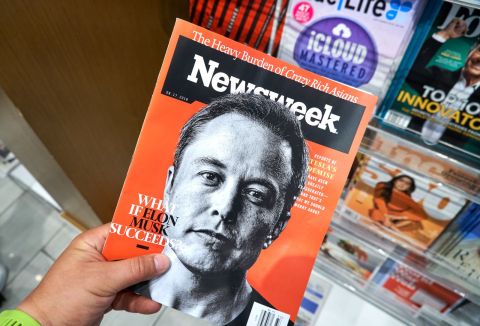AI may replace more than a quarter of first world’s workforce
ALBAWABA – The Organization for Economic Co-operation and Development (OECD) warned Tuesday, in its 2023 Employment Outlook report, that first-world economies and labor markets should prepare for an "imminent AI revolution”.
Artificial Intelligence, or AI, is the technology that allows computers to perform tasks that are normally associated with sentience and intelligence, usually among humans. Today, there are AI tools that can generate essays, create images, pass medical exams, and more.
In the coming years, AI will create new jobs and render other roles obsolete, the report explained.
The OECD said there was little evidence of significant negative effects on employment from AI "so far", according to the report, carried by Agence France-Presse (AFP).
When taking AI into consideration, jobs at the highest risk of automation account for 27 percent of employment in advanced economies, according to the OECD. An AI revolution potentially carries changes to the fundamental patterns of production.
"While the adoption of AI still remains relatively low, rapid progress, falling costs and the increasing availability of workers with AI skills indicate that OECD economies might be on the brink of an AI revolution," the report said.
AI use is generally concentrated in large firms. They are still experimenting with the new technology, and many appear reluctant to replace staff, OECD director for employment, labour and social affairs Stefano Scarpetta told AFP.
However, it is also clear that the potential for substitution remains significant, raising fears of decreasing wages and job losses," he wrote in an editorial.
Bright sides to an AI revolution?
"There are many potential benefits from AI,” the report said.

"AI has the potential to improve workplace safety by reducing tedious or dangerous tasks" and lead to higher wages for workers whose skills complement the technology, the OECD report said.
But it could also "leave workers with a higher-paced work environment" and reduce wages for those "who find themselves squeezed into a diminished share of tasks due to automation".
The rapid development of artificial intelligence has raised concerns that it could replace whole sectors of the workforce in what would certainly qualify as an 'AI revolution', according to the report.
"The use of AI also comes with serious ethical challenges around data protection and privacy, transparency and explainability, bias and discrimination, automatic decision making and accountability," Scarpetta said.
"Urgent action is required to make sure AI is used responsibly and in a trustworthy way in the workplace," he said.
"There is [also] a need to enable workers and employers in reaping the benefits of AI while adapting to it, notably through training and social dialogue."
The international and influential organisation has 38 member countries ranging from Australia to Britain, Canada, Germany, Japan, Mexico and the United States.









